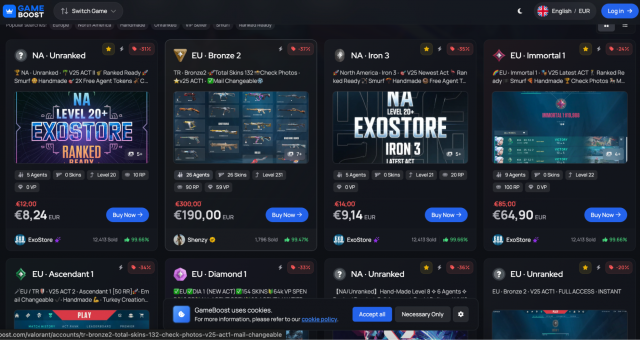When people talk about the best games in the world, it’s hard not to see PlayStation titles at the forefront of the conversation. There’s a reason for that. PlayStation cendanabet has consistently delivered not just quality, but a vision of what gaming can be. It’s a brand built on innovation, storytelling, and a commitment to excellence that stretches across decades. Whether it’s on the latest console or the iconic PSP, Sony has fostered some of the most beloved titles in gaming history.
Part of what makes PlayStation games stand out is the ecosystem Sony has created with its first-party studios. These developers—Naughty Dog, Santa Monica Studio, Guerrilla Games, and more—aren’t just making games. They’re crafting experiences. When you play something like “The Last of Us Part II” or “Ratchet & Clank: Rift Apart,” you’re stepping into a fully realized world. These are games where every sound, line of dialogue, and animation has been considered and polished to perfection.
PlayStation also excels because it doesn’t chase trends—it often sets them. When Sony leaned into narrative-driven games, the entire industry took note. When the PSP brought console-quality games to a handheld device, it changed expectations. Even the PlayStation VR push, once considered risky, opened doors to immersive gaming that’s still evolving. The best games are usually the boldest ones, and PlayStation is never afraid to lead the way.
Beyond the tech, what truly sets PlayStation apart is its emotional connection with players. People don’t just remember what they did in these games—they remember how they felt. The heartbreak of “Shadow of the Colossus.” The triumph of “Spider-Man.” The wonder of “Astro’s Playroom.” These aren’t just mechanics or features—they’re memories.
In a competitive market filled with talented developers and strong platforms, PlayStation continues to carve its identity through sheer creative force. It remains a home for the best games not because of specs or sales alone, but because of heart. That’s why fans stay loyal—and why the PlayStation legacy keeps growing, generation after generation.
